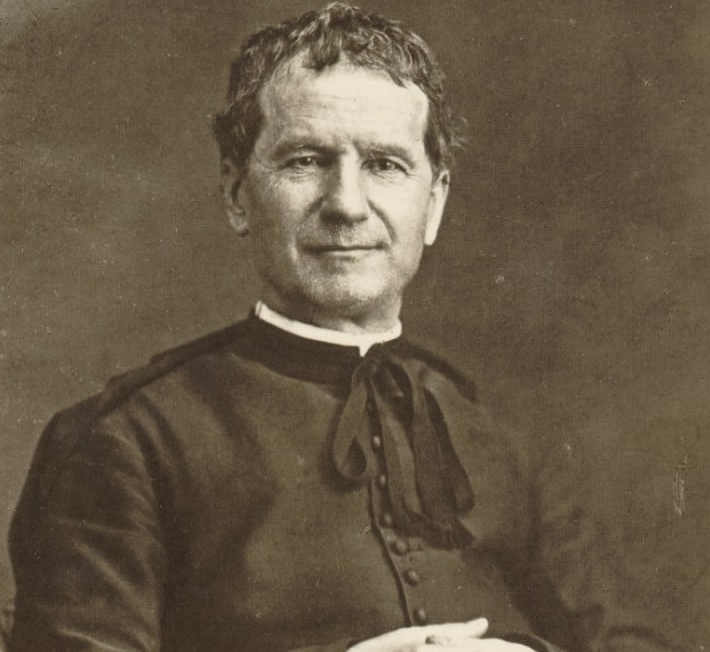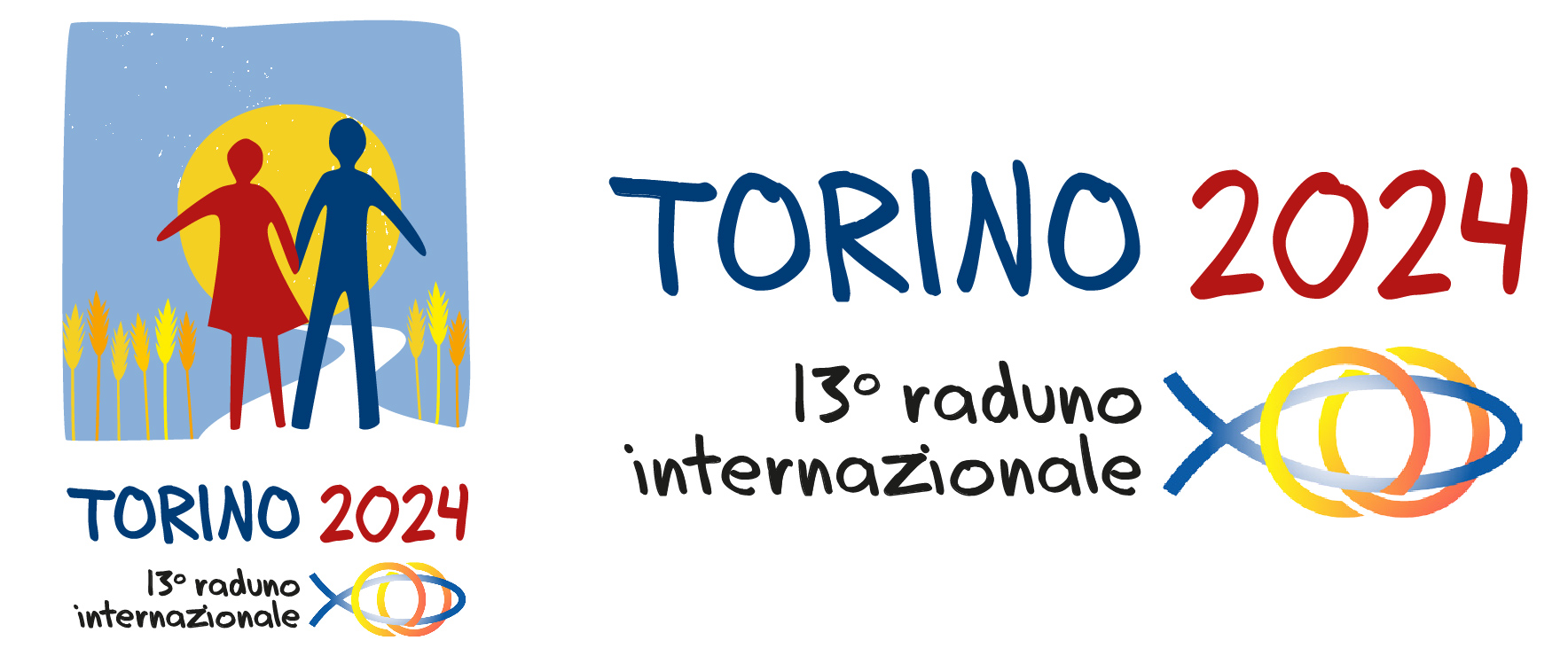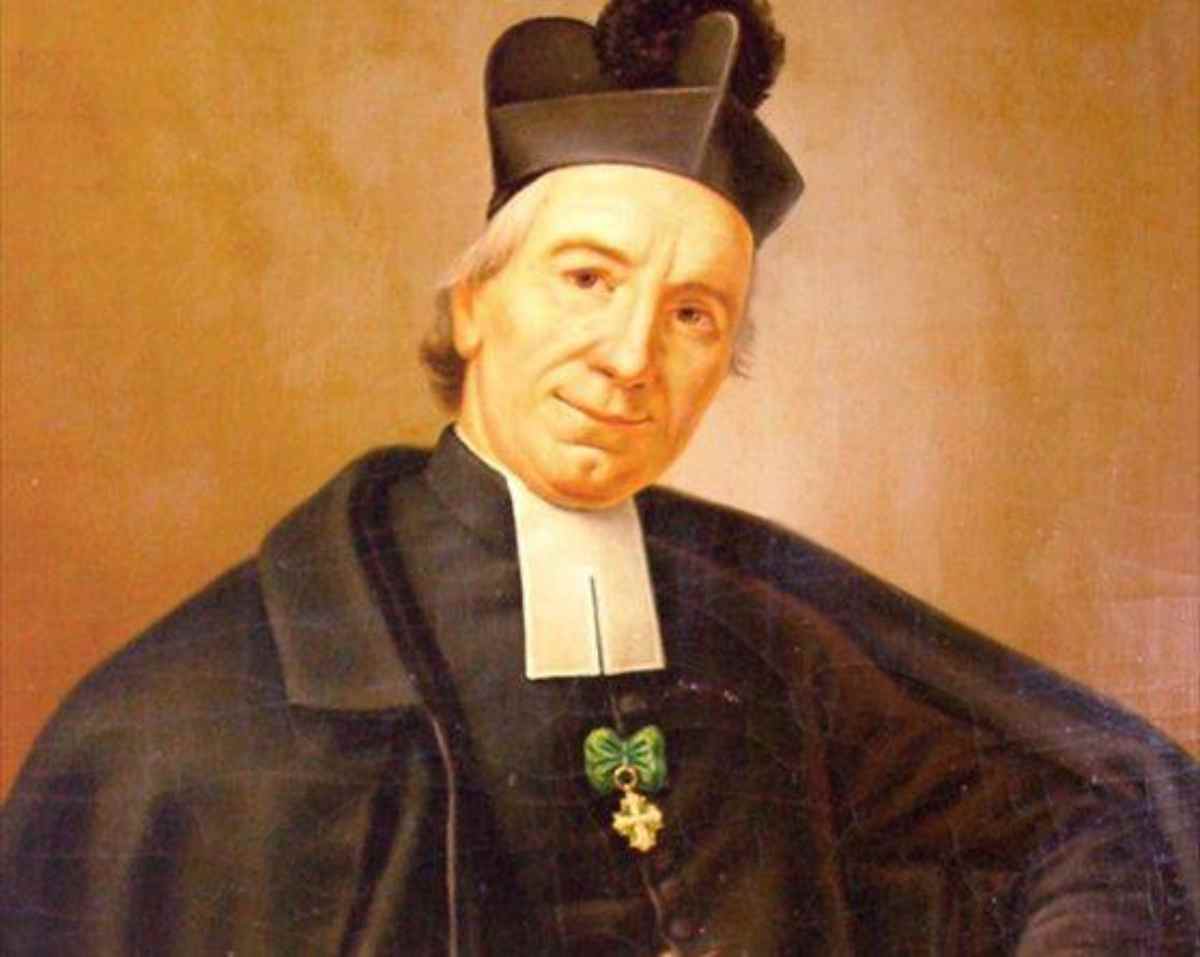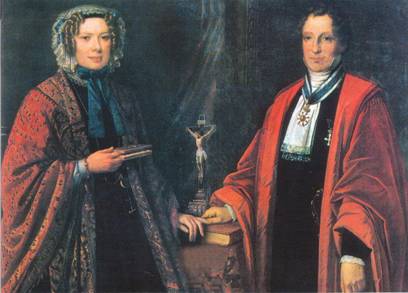
Don Bosco, the saint of social saints
Giovanni Melchiorre Bosco (1815-1889), universally known as ‘Don Bosco’, is a kind of standard-bearer for the social saints who worked in Turin. In fact, his name is known all over the world, as is the Salesian Congregation he founded, along with countless other pastoral and social initiatives scattered everywhere.
Don Bosco had one fixation: the boys. He dedicated his life to them, not hesitating to become “God’s juggler” and acrobat to attract them to himself and, through himself, to the Lord. The Salesian oratory thus became the place of choice where to meet young people to bring them closer to the Gospel, the welcoming courtyard where conveying , “with meekness and charity” the teachings of Christ. Attempts by Blesseds Julia and Tancredi of Barolo to involve the enterprising John in their charity were futile. The “saint of the youth” went straight ahead, following the dream that already at the age of nine inspired the mission and educational method that led him to open schools, workshops and laboratories to rescue young people from social insignificance. Canonised by Pope Pius XI (1934), Don Bosco is the patron of educators, pupils, students, publishers and, from 2022, of … labour inspectors! That’s right. Don Bosco, in fact, did not limit himself to demanding from the employers, to whom he entrusted his boys, precise rules on safety and health in the workplace, but signed the first apprenticeship contracts, inaugurating in Italy what today we would call ‘trade union’ protection, with the accompanying hostility and misunderstandings that this kind of initiative brings with it. As if that were not enough, he convinced the authorities to issue release permits for minors in prison so that they could learn skills and not fall back into the spiral of illegality. The initiative was so successful that even from abroad they came to study the ‘Salesian method’ of social rehabilitation.
Striking in Don Bosco, but it is a common feature of his other saints ‘colleagues’ in Turin, is the vision, that is, the ability to inaugurate pathways to help the dispossessed by not just healing their material and spiritual wounds, but by promoting their dignity and social redemption. And all this with unwavering determination and fortitude. As was already the case with Cottolengo, for Don Bosco Providence is everything, it is the engine that moves and points the way. For what else could it have been, if not Providence, to arouse such vitality in a man who in a few decades was able to inaugurate a reality that everywhere in Italy, and in 132 countries abroad, led to the creation of oratories, sanctuaries, religious societies, schools, colleges, centers for professional training, universities, publishing houses and so on?
Don Bosco’s educational method, which he called the “preventive system” as opposed to the “repressive system,” was and is still aimed at providing an environment in which young people are encouraged to give the best of themselves, starting with the recognition of their own abilities and limitations. This method leans, says Don Bosco, “all above reason, religion, and above loving-kindness,” and its ultimate goal is to regenerate society through Christian experience.







